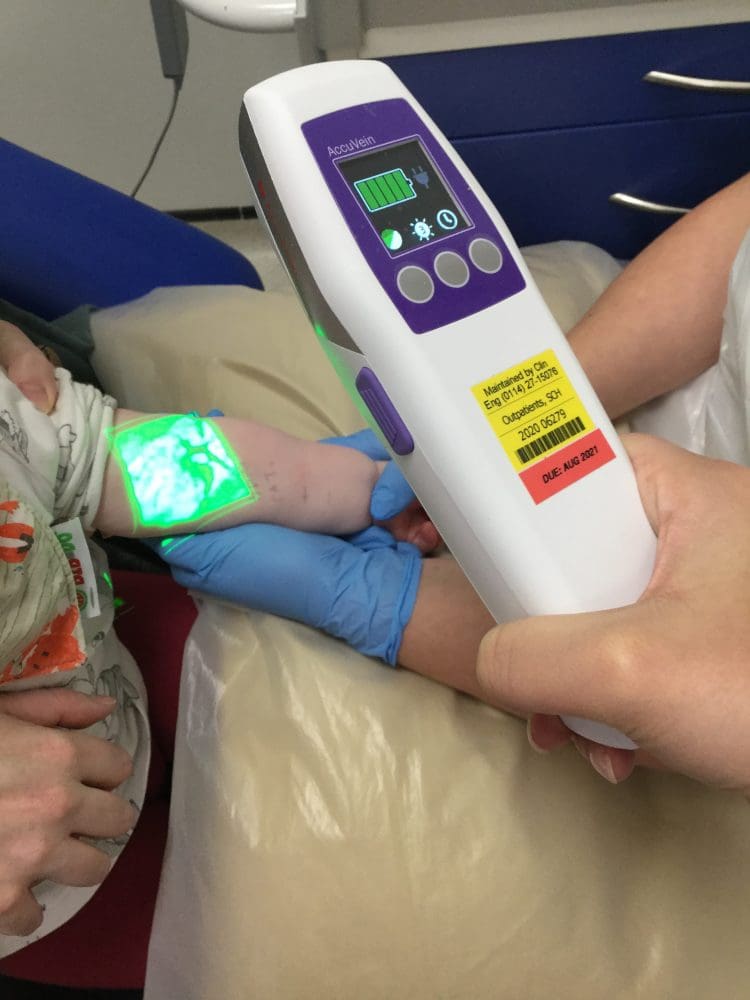Blackpool Paediatric Continence Service provides community care for upward of 500+ children in schools, Clinics and their own homes. Incontinence in children may be caused by physical disability, a learning difficulty, or psychological or social problems.
Bedwetting is a widespread and distressing condition which can significantly affect the child’s behaviour, emotional wellbeing and social life. Children who wet the bed at night often fear sleepovers or school trips in case they are bullied or ridiculed. They also worry they will be excluded and lose their friends if they refuse to attend.
The Blackpool Paediatric Continence Team have asked for our help to fund resources including enuresis (bedwetting) alarms, wobl watches and picture books to help children learn how their body works.
This equipment will prove to be a great resource to the team as they are reusable and often avoid the need for the child to be prescribed ongoing medications.











